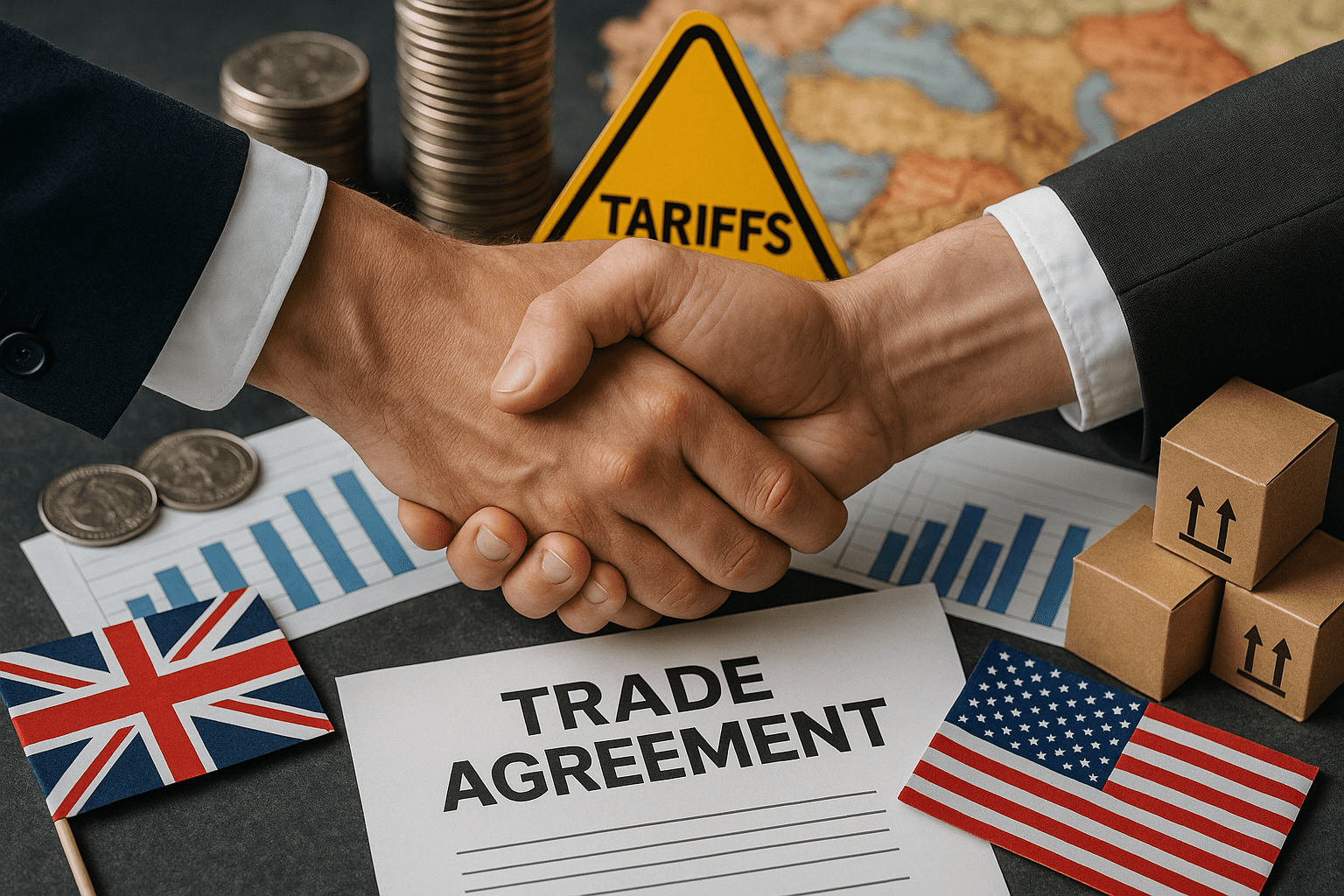By Richard Goddard, Institute of Trade Mark Attorneys
For many UK businesses, exporting their products to countries outside the UK represents a real opportunity for sales growth. But exporting is not without its pitfalls. An area which can cause problems if not handled properly is that of trade marks.
If you are planning to begin exporting your products, it is important to not only consider protecting your own trade mark, but also to ensure that you do not infringe someone else’s.
Virtually all countries have laws protecting trade marks, allowing companies and individuals to register their trade marks and to prevent others using identical or similar marks. Many countries also have laws which provide protection for trade marks which have been used for some time, but have not been registered.
Freedom to use
The most important question is whether you will be free to use your existing brand name in your proposed export markets. If someone else owns earlier rights in an identical or similar trade mark then they may be able to prevent your use. There’s nothing like having your products seized and receiving a hefty fine to ruin your export plans, particularly if you have already made commitments to customers. Even the threat of being sued can seriously disrupt a business.
To mitigate this risk it is advisable to arrange trade mark searches in your export markets before launching your product, to ensure there are no conflicts with earlier trade marks. If conflicts are identified, it is sometimes possible to overcome these through negotiation or by attacking the earlier trade marks. In the event of a serious conflict, you might have to adopt a different trade mark for that market, or refrain from launch altogether. Whilst frustrating, it is better to identify such obstacles at an early stage.
Protecting your trade mark
You should also consider registering your trade marks in your key export markets. Successful products soon attract imitators and it is important to have the necessary legal tools to combat counterfeiters and look-alikes.
When registering your trade marks, you should consider not only how you are using your marks now, but also any plans you may have to expand your product range. Trade marks are registered for specific goods and services (e.g. ‘sports equipment’) and these cannot be added to later. To avoid the need to file additional trade mark applications to cover additional goods, it is worth thinking about any product areas you are likely to expand into, and ensuring these are covered.
Once you have trade mark rights in place, it can be tempting to sit back and assume that your trade mark worries are over. However, trade mark registrations are only useful if you enforce them. It is important to police your mark and to take action against infringements. Counterfeits and look-alikes not only reduce your profits, but can quickly undermine confidence in your brand.
It is important to have a monitoring and enforcement strategy that is proportionate to your business’ needs. For a small or highly specialised business this may be as simple as relying on information from customers, business partners and periodic internet searches, coupled with targeted enforcement actions where necessary. For bigger businesses, particularly those in sectors with significant counterfeit problems (e.g. footwear), more systematic monitoring may be required, with enforcement efforts focussing on large scale infringers.
Maintaining control of your trade mark
As your business grows, you may find that more and more entities are involved in the manufacture and sale of your products, many of which will be using your trade marks in some way (e.g. applying the mark to your goods, selling goods under the mark). It is important to ensure that you retain control of your trade marks, and that you benefit from their use.
If you plan to export your products through a network of distributors you should ensure that the agreements with your distributors deal with the ownership of trade marks. Unless there are suitable provisions in the agreements, it is possible that your distributors will acquire independent rights in your trade mark as a result of their use. You should also not allow distributors to register your trade marks themselves, even if this saves money in the short term.
Although allowing a distributor to gain rights in your mark is unlikely to be a problem while the business relationship is good, it could cause you serious problems later. If you later wish to change distributor, or begin trading in the country directly, you may find that your former distributor can prevent you from doing so and could begin trading under the mark in their own right, or demand money to relinquish their rights.
A typical agreement with a distributor should state that any rights acquired through a distributor’s use of your trade marks should pass to you and that the distributor should not seek to register your trade marks themselves.
Similarly, manufacturers should not be allowed to register your trade marks and controls should be put in place to ensure that ‘overruns’ from your own factories are not fuelling the trade in counterfeits (a known problem).
Trade marks can play an important role in the success of a business, and it is important that they are considered as part of any export plan. Although trade mark issues can present challenges to businesses planning to expand outside the UK, if handled correctly they can become extremely valuable assets.
www.itma.org.uk





